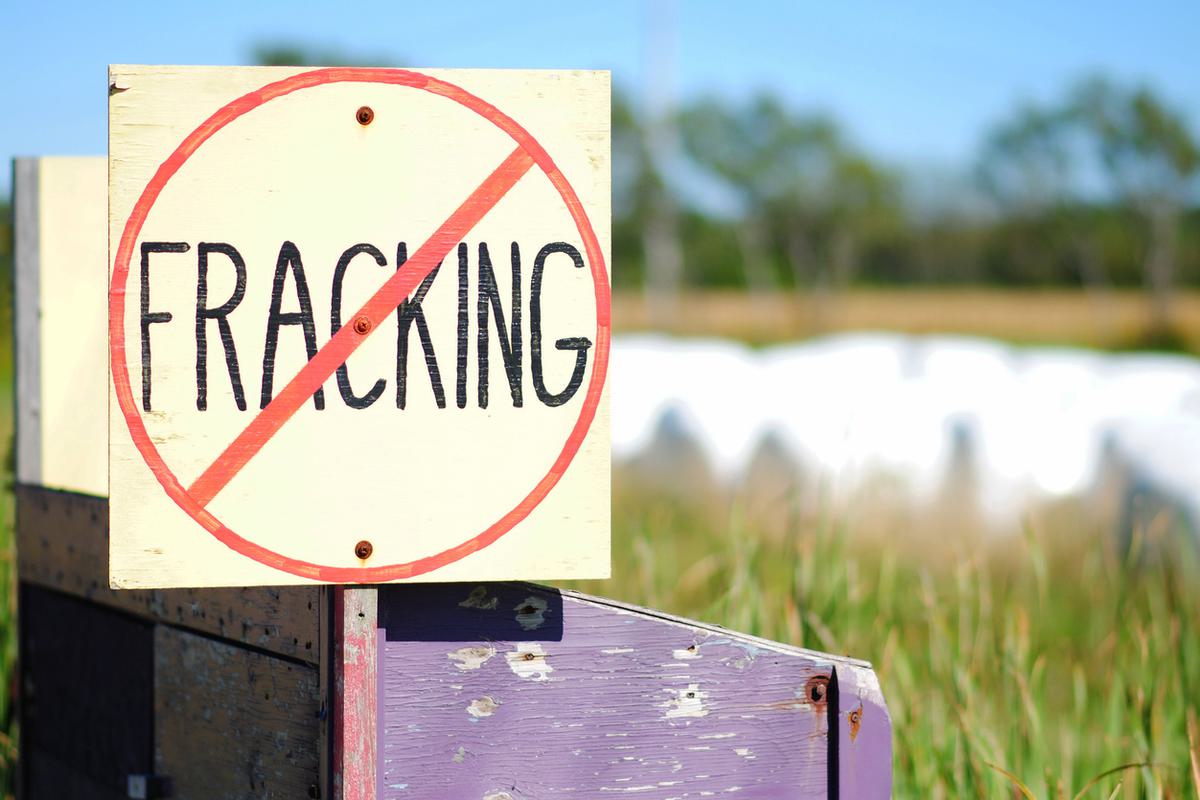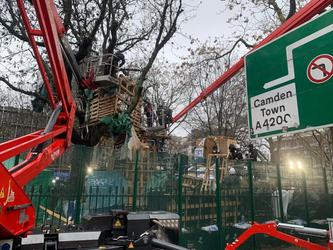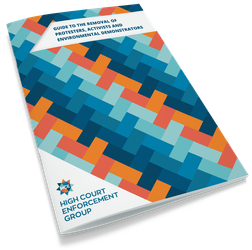End of fracking moratorium

UPDATE
On 27 October 2022, the new Prime Minister, Rishi Sunak, announced the reinstatement of the moratorium on fracking in the UK.
The UK Government imposed a moratorium on fracking in November 2019, amid legal challenges and objections from green protesters.
However, the soar in energy costs and gas supply shortages due to the conflict in Ukraine sparked calls to re-consider lifting the ban. On 22nd September 2022, the Government announced that fracking can restart.
We will now need to be prepared for the return of anti-fracking activists, who are already vowing “inconvenient and noisy” protests against energy firms.
What is fracking?
Fracking is an extreme form of energy extraction. The process involves drilling into the earth with a high-pressure mixture of water, sand and chemicals that cause the rock to crack, releasing the natural gas and oil trapped within. It is normally used for shale rock and other ‘tight’ rock formations.
Fracking has only been carried out on a small scale within the UK but was halted in 2019 after a series of earth tremors were recorded at Cuadrilla’s Preston New Road site in Lancashire - the first UK site to be developed.
There are other potential health and environmental issues including the pollution of groundwater, generation of greenhouse gases and large volume water use in water-deficient regions.
Latest developments
In her speech on 8th September 2022, the Prime Minister Liz Truss outlined plans "to make sure we have security of [energy] supply for the long-term", including lifting the ban on fracking for shale gas "where there is local support for it", before lifting the ban two weeks later.
Prior to this announcement, the Government granted the go-ahead for a new nuclear power plant, Sizewell C, in Suffolk which is expected to generate 7% of the UK’s electricity demand. This has cultivated a group of protesters known as ‘Stop Sizewell C’ who believe that “Sizewell C will be too slow and expensive to urgently and efficiently meet decarbonisation targets.”
The PM’s speech on fracking followed the commissioning of the British Geological Survey (BGS) to advise on the latest scientific evidence for shale gas extraction, following Russia’s invasion of Ukraine. BGS submitted the report in July 2022.
Anti-fracking protesters
Anti-fracking protesters are remaining vigilant for when fracking recommences. A representative from Frack Free United tweeted “get ready for the division, disruption and no joke neighbourly distasteful attitudes all over again. They’ve not gone away, just rested.”
Be prepared
In preparation for the potential protests, energy firms, nuclear power plants and fracking sites will need to develop their strategic plans and put the necessary security measures in place. Our advisors can work with you to develop your strategic response to protesters and activists – please get in touch if we can help.
Protesters are often challenging as they can summon additional support at short notice and will be resilient in their approach. Putting fences and gates around land and having large bollards at entrances are a great way of stopping unauthorised persons from entering land. As well as this, manned patrols and CCTV towers are a great way of securing an area of land from unwanted visitors.
Many organisations mistakenly believe that the Police will remove protesters, but this is not always within their remit, especially if the land is privately owned. If you think you may be at risk, we suggest consulting with eviction specialists like us, the National Eviction Team, who have the skills and expertise to safely evict protesters under a High Court writ of possession.
If you need support, please get in touch with our commercial and eviction services team on 03330 031919.



